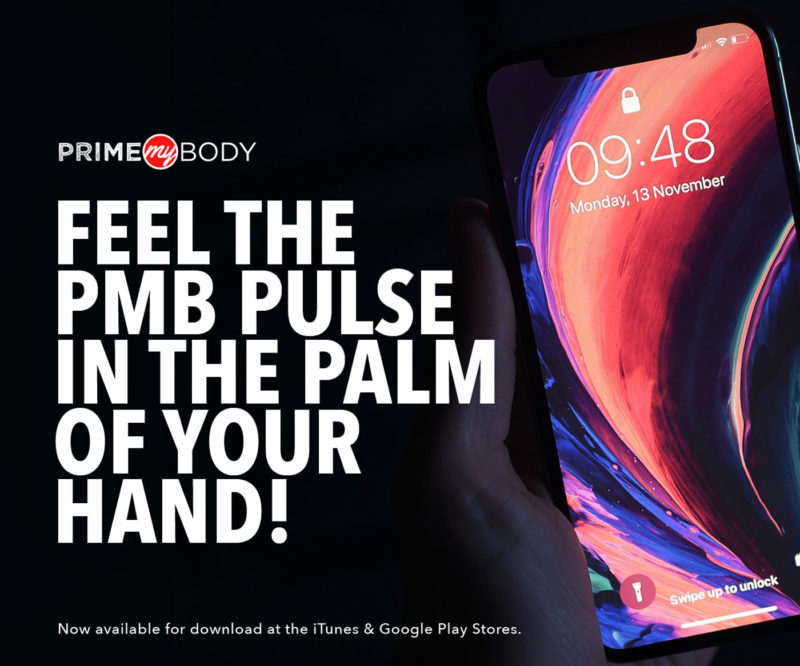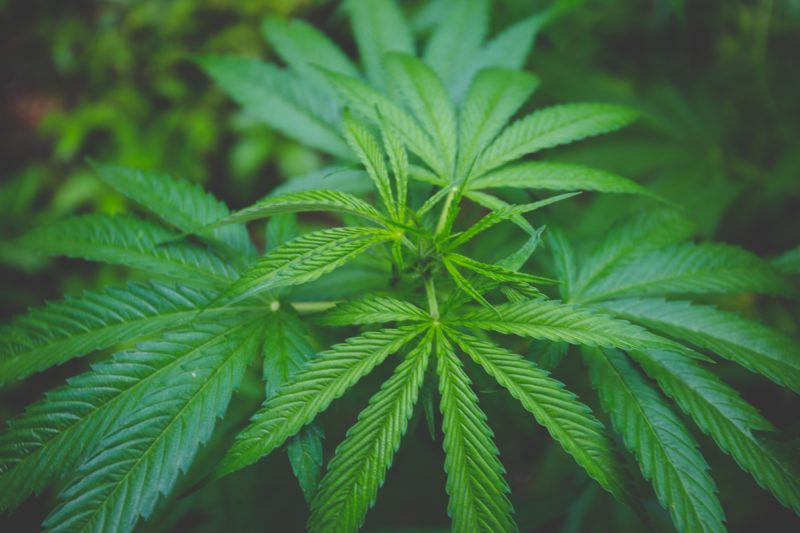Hemp Extract Provides a Myriad of Health Benefits Without the High
You’ve probably read or heard that most cannabinoids like CBD or CBG provide a range of health applications without any psychoactive effects on the brain. But have you ever asked yourself why these hemp compounds don’t cause those psychoactive effects? It’s a simple question, with a fairly complex answer.
To classify a compound as inducing a psychoactive effect, we first have to define what the term “psychoactive” means. “Psychoactive is really an altered state of mind where your decision-making ability becomes impaired,” says PrimeMyBody Chief Medical Advisor Dr. Cheng Ruan.
Unlike Tetrahydrocannbinol or THC (the only cannabinoid that does cause a psychoactive effect or high), the properties of the cannabinoid CBD are not intended to cause psychoactive or intoxicating effects because, according to Dr. Ruan,
“there isn’t a CBD receptor that induces certain neurotransmitters to have a psychoactive component. Technically you’re not going to have that psychoactive component because of the biochemistry of the (cannabidiol) chemical.”
Biologically, THC fits aptly with the Endocannabinoid Systems’ CB1 receptors located in the brain and central nervous system. Like a lock and key, a THC molecule is designed to connect with CB1 receptors, and when matched, a psychoactive effect on the brain is triggered. In contrast, CBD acts as an antagonist to CB1 receptors. Studies have noted that CBD does not naturally communicate with CB1 receptors or that the compound engages a different region on the receptor altogether.
Because of their compound classification, the more than 100 cannabinoids found in the cannabis plant are similar from a biochemical standpoint. Compositionally though, many cannabinoids are constructed and naturally designed to offer different effects on the body when interacting with the Endocannabinoid System—which regulates homeostasis or balanced functioning.
“Some cannabinoids have more of a brain neurotransmitter effect, some effect the uterus more, and some effect liver detoxification mechanisms. The idea is not to necessarily extract one compound and hack it, which is basically what pharmaceuticals are. The idea is to keep it within the hemp plant and have all of them sort of talk to each other and do their jobs so you have more balance,” Dr. Ruan adds.
Although CBD does not cause a psychoactive effect, it does stimulate mechanisms that can improve quality of life. The first mechanisms that CBD activates are those on the brain, which can induce therapeutic effects such as calm, emotional balance, or focus. Secondly, and very importantly to Dr. Ruan, CBD supports detoxification mechanisms, improving the detoxification pathways that get clunked up by toxins—like black mold or mercury—which can mediate health conditions and disorders.
Dr. Ruan notes that CBD can have immediate effects on certain users, but people who use or dose CBD routinely and for long-term durations typically witness more significant benefits. In regard to dosing, Dr. Ruan does say individual users react to CBD in different ways because of genetics, liver enzymes, and exposure to toxins depending on where they live and their lifestyle.
According to clinical studies, when dosing CBD, finding the right balance for your body, brain, diet, and desired needs is typically more effective than a more-is-better approach.
“There’s so much variability between people, so it becomes important to have good observations of what works for you,” says Samantha Miller, president and chief scientist of cannabis testing lab Pure Analytics.













2 comments
Is the glycerin from an animal or is it a vegetable derived?
Hi Patricia, thanks for your patience! The glycerin is a derivative of palm oil, which is RSPO certified. Hope that helps!